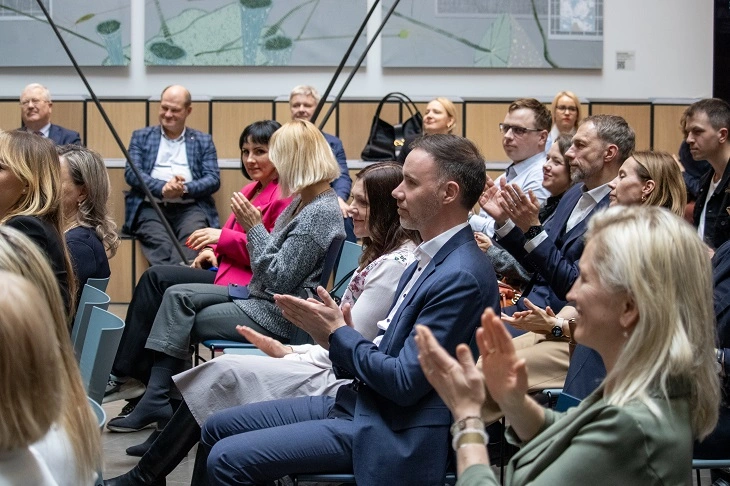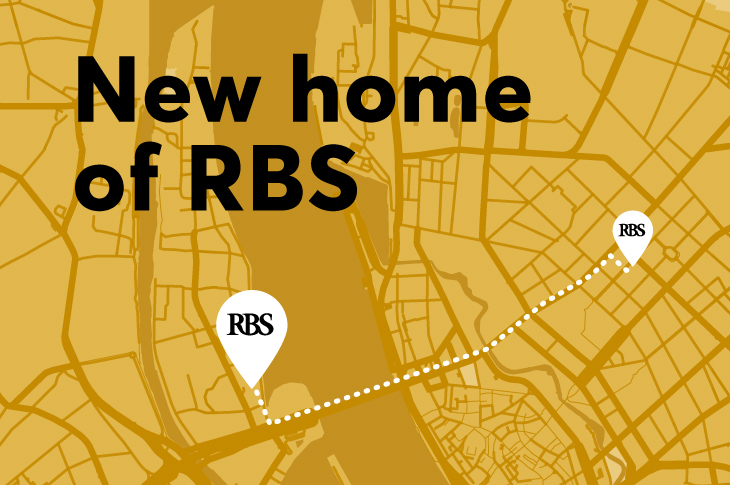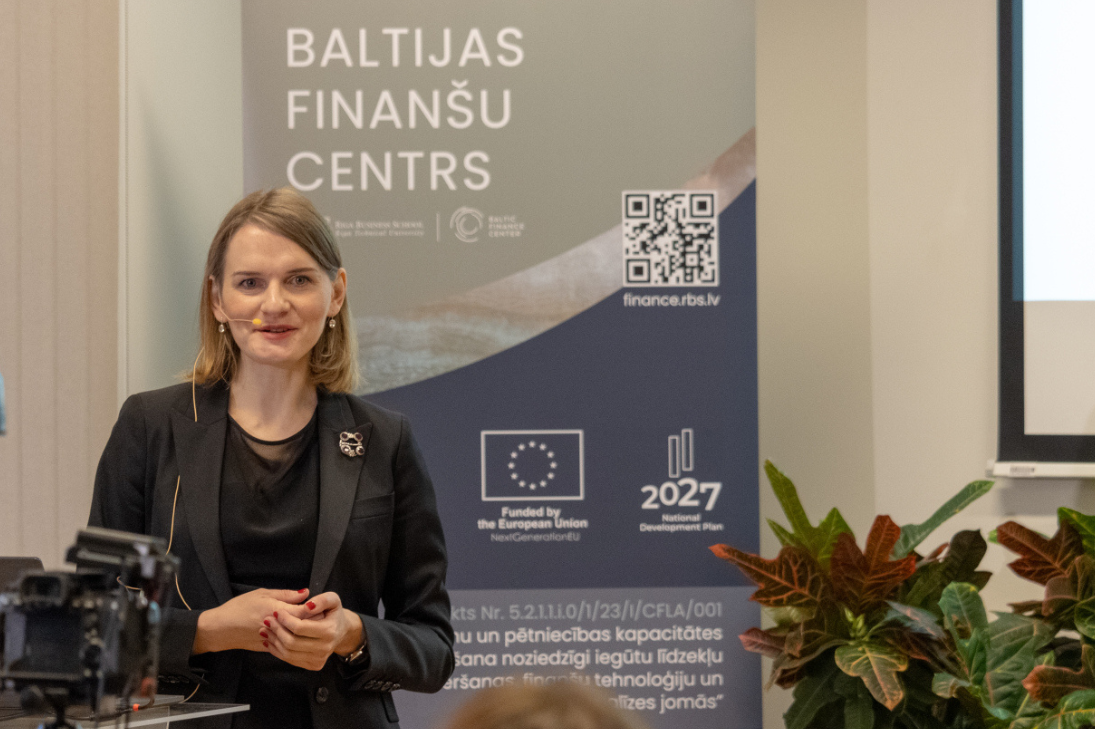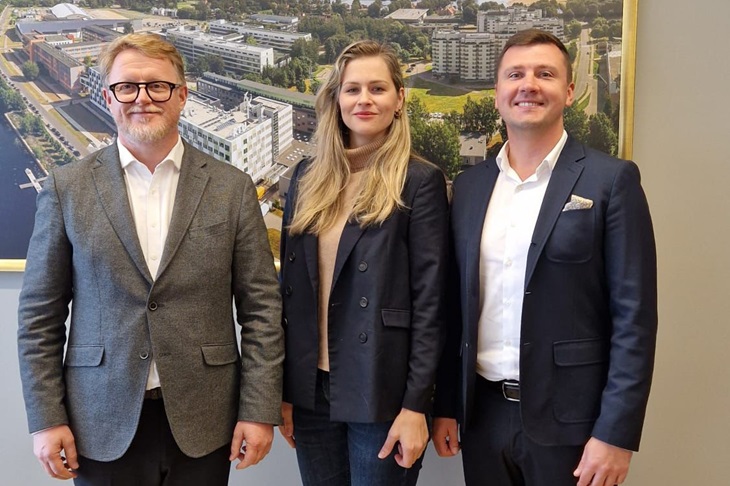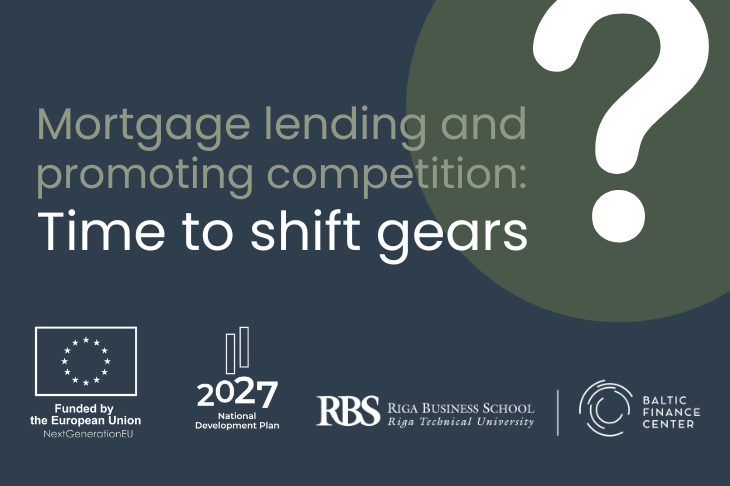In order to promote the development and sustainability of FinTech, Riga Business School’s newly established Baltic Finance Centre over the past year has developed a number of study courses in both Bachelor and Master’s degree programs specifically for the more sustainable management and development of FinTech. Experienced practitioners and researchers from Latvia and abroad have been involved in the development of the study courses. By including such courses in the study programs, Riga Business School as a structural unit of Riga Technical University demonstrates its approach to innovation in education and continuous development of programs in line with global and regional business development needs.
The Baltic Finance Centre is developing a set of study courses for Bachelor and Master programs. Each suite consists of three courses that combine regulatory and business perspectives to provide a holistic FinTech business education. This approach allows the Centre to respond to the need for a balanced education, which is essential for successful and sustainable entrepreneurship.
FinTech has been one of the fastest growing industries in Latvia and the world over the last decade. FinTech is a very dynamic sector with hard to define boundaries – this makes it challenging to create relevant courses that provide an opportunity to transfer the accumulated knowledge effectively. To make this happen, we specifically involve the ecosystem, including businesses, regulators and policy makers, in course development and delivery. As a result, the suite of courses provides students with both strong academic knowledge and the up-to-date practical competencies and inspiration needed to succeed in the field.
The courses developed cover the following topics: fintech business models, fintech regulation and fintech business idea development. Starting from the 2024/2025 academic year, the Baltic Finance Centre will provide study materials, teacher training and funding to integrate the study courses into existing programs to other Latvian higher education institutions, thus creating a FinTech business education community and contributing to the overall quality development of higher education in Latvia.
Nauris Bloks
Education Initiative Lead at the Baltic Finance Centre
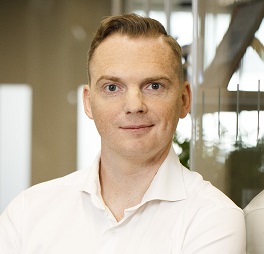
Two of the three courses under development have already been included in Riga Business School’s professional MBA program and in the Bachelor of Business Administration and Bachelor of Computer Science and Organisation Technology programs to provide students with up-to-date knowledge of the sector.
The FinTech Business Models and Strategy course was offered for the first time in the Professional MBA program in spring this year and was taken as an elective by 15 students. The main objective of the course is to help students develop innovative FinTech business ideas. The course covers the following topics: digital payments and transfers, online banking and “neobanks”, online lending, online markets and crowdfunding, asset management and investment technology, Web3 and FinTech, insurance technology (InsurTech).
The FinTech Regulation Theory and Practice course is currently running in the summer semester as part of the Professional MBA program. The main objective of the course is to provide a comprehensive understanding of compliance requirements in the context of FinTech business, as part of which students review and analyze regulatory principles, as well as identify potential risks and learn risk management principles. The main topics covered in the course include: the history and development of compliance, the regulatory framework and EU regulation, FinTech company registration and licensing, professional standards, business compliance methodology, data privacy and cyber security, risk management, financial crime prevention, regulatory technology solutions, ethics and sustainability.
In the upcoming academic year, the three-course suite will also be available to Riga Business School undergraduate students as elective courses. In the 2023/2024 academic year, one of the financial technology courses was already available to undergraduate students and was taken by 10 students.
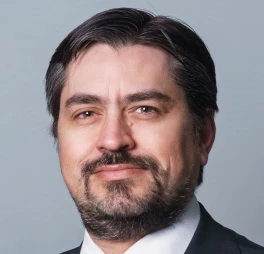
By introducing these courses in Riga Business School’s Professional MBA program and in both Bachelor programs, we are implementing our strategy – to improve each of the business school’s programs, while working towards the goal of helping to bring new study courses to education that are relevant in today’s business environment.
Claudio Rivera
Director of Riga Business School, Member of the Development Council of the Baltic Financel Centre
The FinTech courses are developed within the framework of a project funded by the EU Recovery and Resilience Facility (Project No 5.2.1.1.I.0/1/23/I/CFLA/001), implemented by the newly established Baltic Finance Centre at Riga Business School.
For more information about the Baltic Finance Centre: https://finance.rbs.lv/
For more information:
Lelde Kiopa, Education Project Manager, lelde.kiopa@rbs.lv;
Sanda Šutina, Cooperation and Marketing Project Manager, sanda.sutina@rbs.lv
